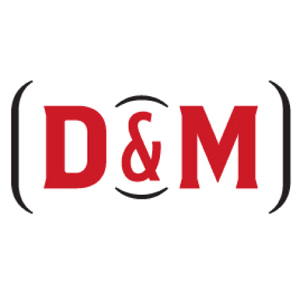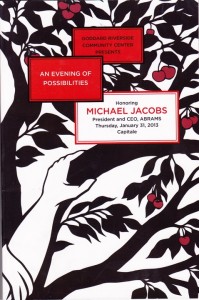Excited with a New Assignment–Helping Protect the Freedom to Read
![]() I’m pleased to have a new consulting client, the American Booksellers Foundation for Free Expression (ABFFE), a non-profit organization that acts as the voice that independent booksellers and the book community raise in opposition to censorship and book banning. I’ll be working with them on fundraising and marketing, and over time, I hope their social networking. The funds ABFFE raises support programs promoting free expression, like their signature initiative, Banned Books Week. ABFFE also advocates for bookstore customer privacy. This has become a flashpoint several times over the past couple decades.
I’m pleased to have a new consulting client, the American Booksellers Foundation for Free Expression (ABFFE), a non-profit organization that acts as the voice that independent booksellers and the book community raise in opposition to censorship and book banning. I’ll be working with them on fundraising and marketing, and over time, I hope their social networking. The funds ABFFE raises support programs promoting free expression, like their signature initiative, Banned Books Week. ABFFE also advocates for bookstore customer privacy. This has become a flashpoint several times over the past couple decades.
In the 1990s, Whitewater Special Prosecutor Kenneth Starr subpoenaed the bookstore purchase records of Monica Lewinsky. Kramer Books & Afterwords in Washington D.C., was the target of Starr’s efforts. At a Book Expo America during the 1990s I recall picking up a t-shirt emblazoned with the message “Subpoenaed for Bookselling” that I wore for several years afterward. Then, after 9/11 the Bush administration, in enforcing the Patriot Act, demanded that Denver’s Tattered Cover bookstore and several public libraries hand over the purchase records and circulation history of some of their customers and patrons. ABFFE was in the trenches throughout these instances, helping booksellers and librarians resist the demands.
The first assignment I’m working on with ABFFE is the expansion of their affiliate program. Under this banner, companies that sell sidelines to bookstores, such as their newest partner Filofax, contribute to ABFFE a percentage of the sales they make to American Booksellers Association (ABA) member bookstores. Sidelines from Filofax include journals, and planners, as well as Lamy pens and pencils and diaries from Letts of London. Other affiliate partners supply bookstores with such items as reading glasses and bookmarks. I’ve drafted a press release announcing ABFFE’s new partnership with Filofax, which also mentions my new work with the foundation. The release, posted on the news portion of ABFFE’s website, is being circulated to book industry news outlets and bookstores around the country. I will be reaching out to sideline companies to recruit them for the program, and to booksellers, asking them who their best sideline suppliers are. If you’re interested in ABFFE’s work, I encourage you to follow them on Twitter where their handle is @freadom, or to like their Facebook page.
This is a particularly welcome assignment for me, having started out in the book business as a retail bookseller. Undercover Books, which I ran with my sibling and our parents, was an active member store in the ABA. My late brother Joel served as an ABA board member. We were activist booksellers, and Joel especially relished working on issues like those that ABFFE often confronts. In 2000 he ran for Congress as a Libertarian party candidate, placing reader privacy high on the list of issues he campaigned on. When Joel died in 2009, my sister Pamela and I made ABFFE one of the organizations that friends of the family and longtime Undercover customers were encouraged to donate to in his memory.
Happily, yet another personal connection pertains here. Readers of this blog may recall my longtime association with author and notable diarist Edward Robb Ellis (1911-98), who stands still as the writer remembered for having kept a diary longer than anyone else in American history, from 1927 until the year of his death. Between 1995-98, I edited and published four of Ellis’s books, including A Diary of the Century: Tales From America’s Greatest Diarist, with an Introduction by Pete Hamill, and The Epic of New York City, both of which are still in print today.
Eddie, as all his friends called him, was a passionate advocate and ambassador of diary-keeping, so much so that after the Guinness Book of World Records recognized him and his diary in their 1981 edition for his achievement in American letters, the aforementioned Letts of London, in the business of making diaries since 1796, arranged with Eddie to publish “The Ellis Diary,” a handsome red leatherette bound, gold-ribbon bookmarked blank diary. You can imagine then how tickled I was when as part of this new assignment I scanned the catalogs and materials ABFFE director Chris Finan gave me to read up on Filofax’s business, happily discovering their association with the venerable Letts of London. Moreover, when I called and introduced myself to Filofax USA’s Paul Brusser, I learned that Letts of London is actually now Filofax’s parent company–it’s clear this long-living British company is still going strong. I wonder if anyone with Letts of London today remembers Eddie Ellis and “The Ellis Diary.” One of the nice things about this new gig is it may offer me the chance to find out! Below you’ll find some artifacts illustrating my work with Eddie Ellis, and his relationship with Letts of London. Click here to see photos.





